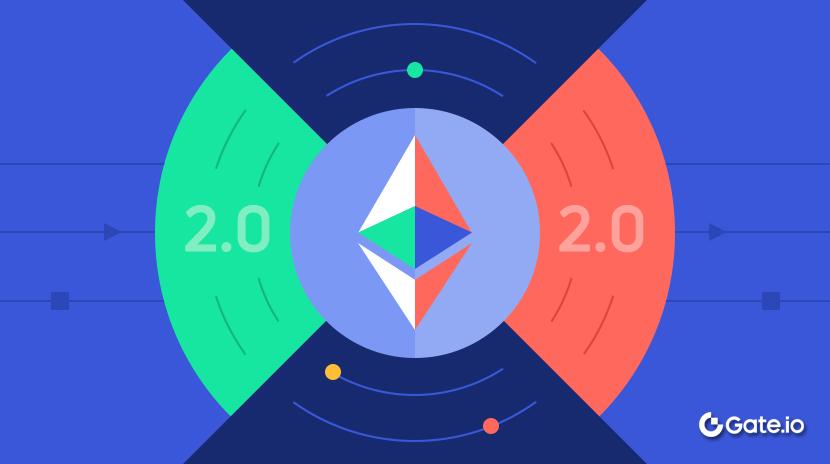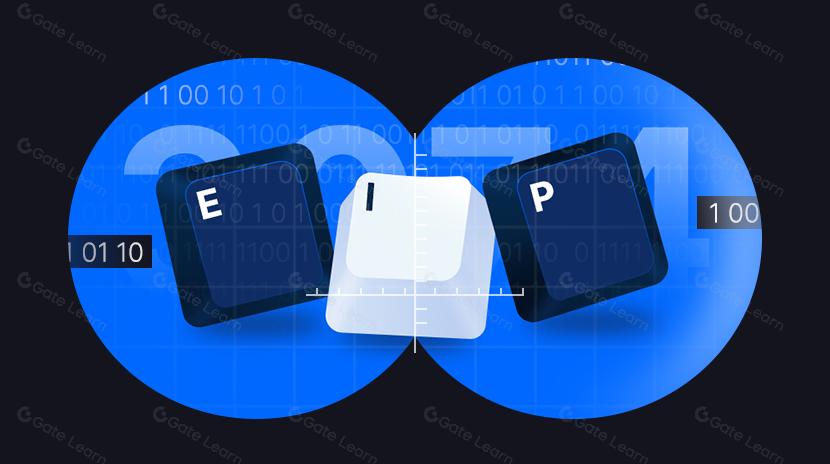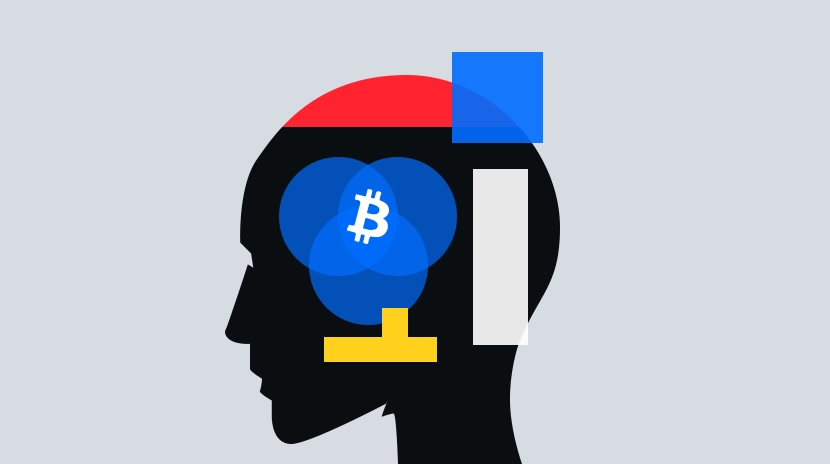Ethereum Name Service

Ethereum Name Service (ENS) is a distributed naming system built on the Ethereum blockchain that allows users to register and use easy-to-remember domain names like "myname.eth" instead of complex cryptocurrency addresses. This service essentially provides Web3 with functionality similar to traditional internet DNS (Domain Name System), greatly simplifying user interactions with decentralized applications and services. ENS addresses the core pain point of the crypto world—difficult-to-remember addresses—by mapping human-readable names to machine-readable identifiers such as Ethereum addresses and content hashes.
As a decentralized naming protocol, ENS was initially launched in 2017 with the goal of improving Ethereum network usability and user experience. With the evolution of blockchain technology and Web3, ENS has become an important infrastructure connecting traditional internet with decentralized networks, laying the foundation for next-generation internet identity systems.
ENS operates on a smart contract architecture primarily consisting of two core components: the Registry and Resolvers. The Registry is a central smart contract that records all domain names and their owners, resolvers, and time-to-live (TTL) information. Resolvers are responsible for converting domain names into corresponding addresses or other resources. ENS adopts a hierarchical naming structure similar to traditional DNS, allowing domain owners complete control over their subdomains.
During the registration process, users typically need to participate in an auction to acquire .eth domains (for names longer than three characters) and pay annual renewal fees. This mechanism both prevents domain squatting and provides a sustainable revenue source for the protocol. Notably, ENS supports integration with traditional DNS domains, provided the domain owner can prove ownership and complete the appropriate setup.
A prominent feature of ENS is its decentralized governance structure. Since late 2021, ENS has transformed into a DAO (Decentralized Autonomous Organization) managed by the community through ENS tokens. Token holders can vote on key decisions regarding the protocol, ensuring that long-term development aligns with community interests. This governance model exemplifies the decentralization and community autonomy spirit pursued by Web3 projects.
In terms of applications, ENS has evolved beyond simple address resolution. Users can associate various resources with their ENS domains, including website content (via IPFS or other decentralized storage systems), email addresses, profile information, and more. This has gradually transformed ENS domains into digital identity identifiers within the Web3 ecosystem, similar to personal homepages or social media profiles in the traditional internet.
With the development of cross-chain technology, ENS is exploring interoperability with other blockchain networks, enabling its services to be used across a broader crypto ecosystem. Simultaneously, ENS is enhancing its capabilities as a decentralized identity solution, including support for more profile types, verification mechanisms, and privacy protection features.
As Web3 continues to develop, ENS is poised to play an increasingly important role, not only simplifying blockchain interactions but also becoming a crucial bridge connecting decentralized services with the traditional internet. As decentralized identity infrastructure, ENS provides users with new ways to own and control their personal identities in the digital world, aligning with Web3's core principles of user sovereignty and data ownership. As more applications integrate ENS functionality, we may see the boundaries between traditional domain systems and decentralized naming services further blur, ultimately forming a more open and interconnected network environment.
Share
Related Articles

What Is Ethereum 2.0? Understanding The Merge

Reflections on Ethereum Governance Following the 3074 Saga
